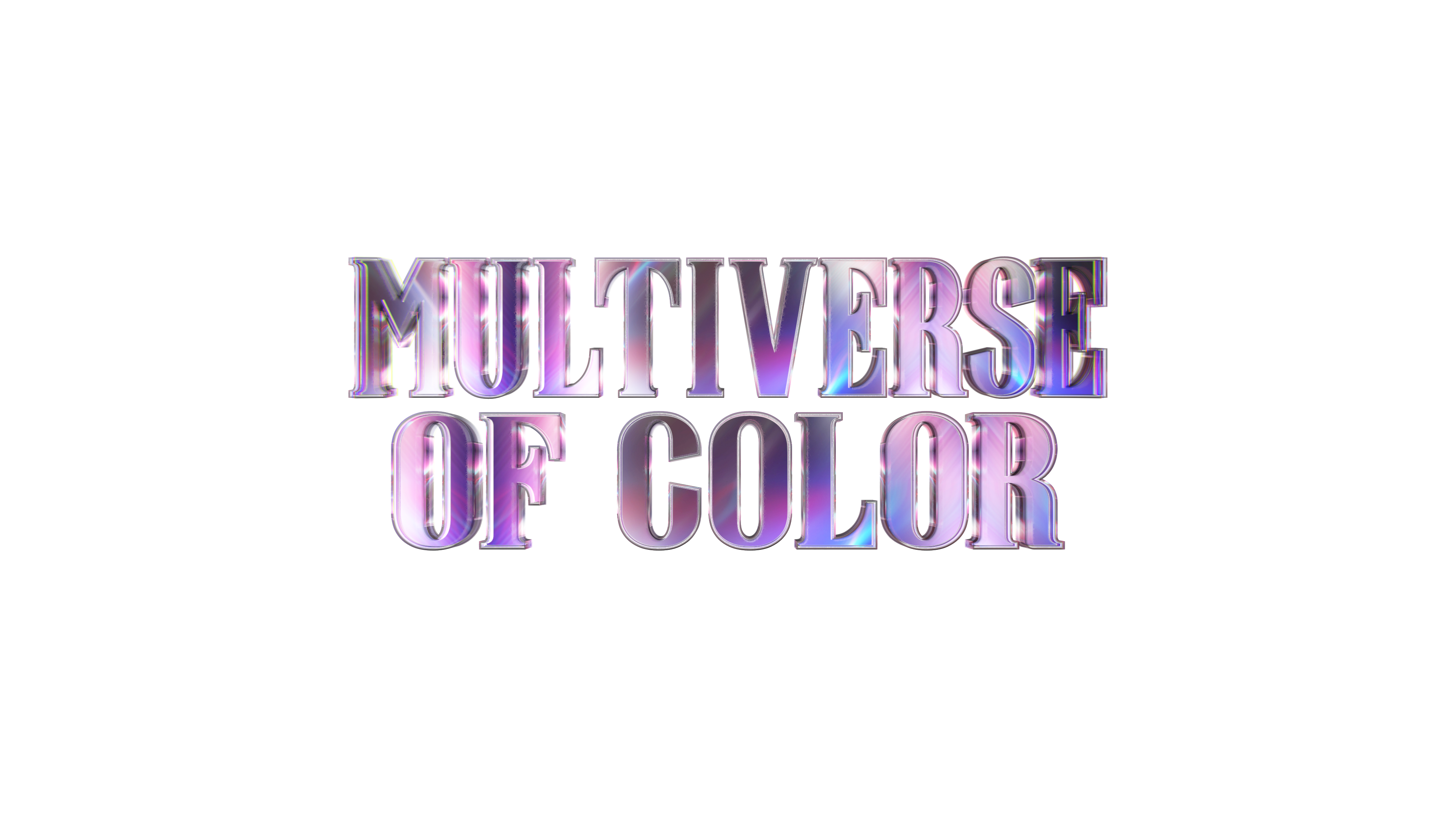A recent article in The Guardian asked, “Why don’t superheroes fall in love anymore?”. It’s a valid question. Despite the trials and tribulations of a character who is mutated in some way and decides to save the world, fans love these characters. For example, Peter Parker gives so much to the world that fans want to see him be happy with Mary Jane. Personal feelings aside, however, sometimes the story is best served without a love interest being involved. Captain Marvel is a great example of this.
Captain Marvel tells the story of Carol Danvers, air force pilot turned

Captain Marvel Has to Explain One of the Most Complicated Origins in Marvel Comics
Simply put, not many people knew who Carol Danvers was prior to her re-released series by Kelly Sue DeConnick. In the past, she wasn’t an accessible character for a larger audience. Throw in that her mentor Captain Marvel was the subject of legal scuffles over his name, Carol as Ms. Marvel was a major player to a niche audience.
The movie had a lot of work to do. In the comics, she’s a magazine editor, a pilot, and an astronaut?

Captain Marvel Not Having Love Interests Respects All the Characters and the Audience
It would make sense for Carol to have some sort of one-sided attraction with Jude Law’s Yon-Rogg. Law’s villainous Starforce captain is the picture of male egotism. He tells Carol to control herself, that she’ll never achieve what he has achieved, and he speaks to her with a slightly condescending air like a big brother who doesn’t think their sibling is capable. The end of the film sees Carol put Yon-Rogg in his place,
While some fans may have found this disrespectful, it actually respects both Carol, Yon-Rogg, and the audience. The Kree’s kidnapping of her was traumatic, but because there was no romantic component, she doesn’t have to deal with an additional level of trauma far too familiar to women. For Yon-Rogg, he’s not depicted as a possessive stalker or a creep with a one-sided infatuation with her. He’s simply a soldier from a society that doesn’t respect emotional women — something that should be far too familiar to males of the audience.
Not making Yon-Rogg the typical “creeper” obsessed with Carol respects the audience because the filmmakers and writers recognized that in two hours they wouldn’t be able to streamline an origin story and focus on the trauma and healing that a victim would have to go through. Writers often add traumatic backstories to women without a second thought. Unfortunately, Carol’s comic backstory does contain sexual trauma, and Yon-Rogg’s contains perversion and being a creep. Eliminating both respects both characters, making one a very dangerous enemy and the other a strong heroine. It also respects the audience by recognizing they don’t have the time to tell that story and choosing to ignore it.

The MCU Is Ready for a “Gay Superhero”, Could That Be Captain Marvel?
Carol Danvers isn’t gay in the comic books, but it’s worth asking: What if Carol is gay? Or could be gay? Close female friendships like the one between Carol and Maria Rambeau are rare, and deep dives on them are never seen in the MCU. Society and the media we consume still focuses on women as being sexual objects as opposed to independent individuals, so the friendship between Carol and Maria is important. While the deep glances they share aren’t necessarily romantic, they could easily be read as romantic, and this is important for the LGBTQ community.
Whatever the future of Carol and Maria, not defining Carol having a specific love interest can let fans speculate — and let writers build up the character. Until they actually confirm a character as gay, however, those sorts of glances are important. Let people dream until they confirm or deny it. Meantime, keep Carol’s options open. Either way, Carol and Maria’s relationship — the positive and negative — needs to be discussed more closely. There’s a lot to unpack, both good and bad.
Captain Marvel is currently in theaters.


